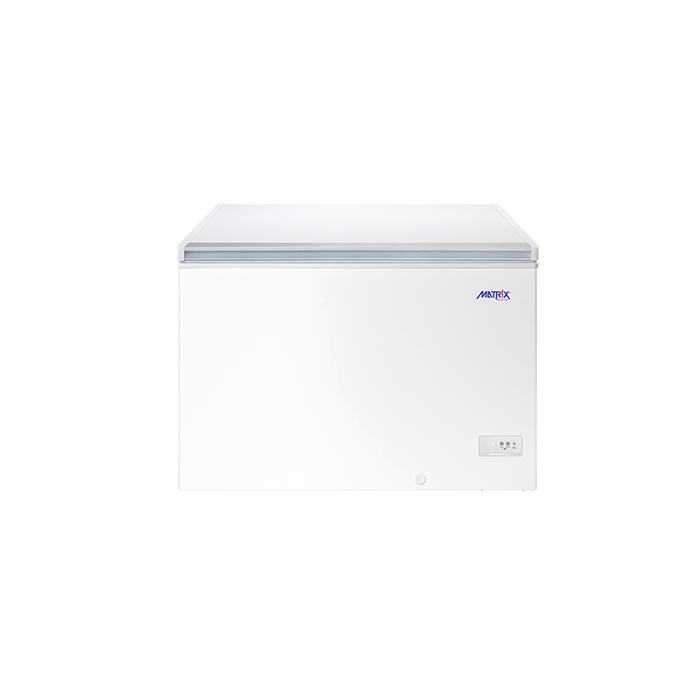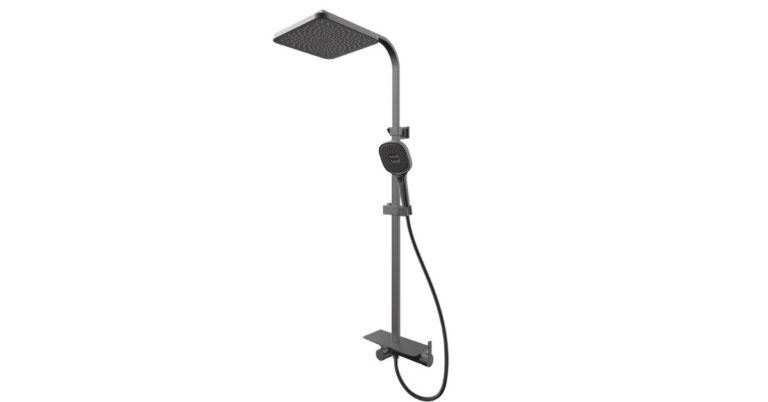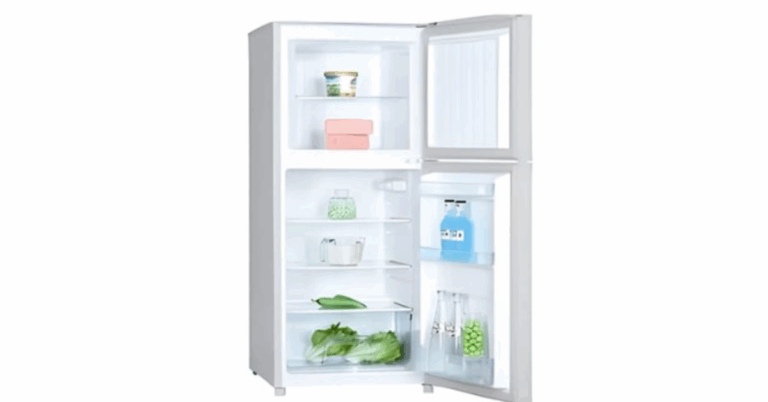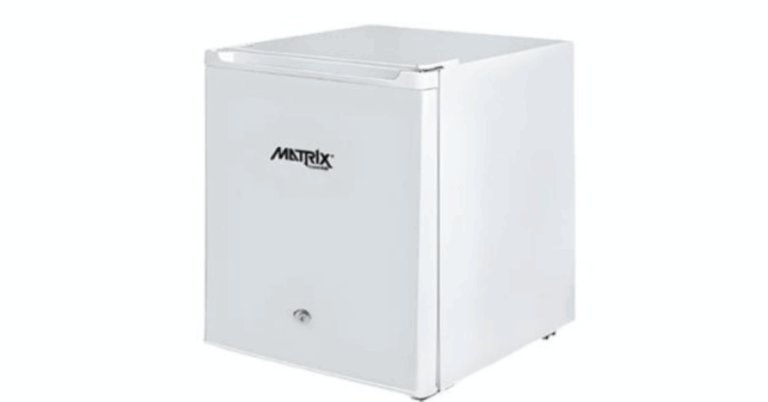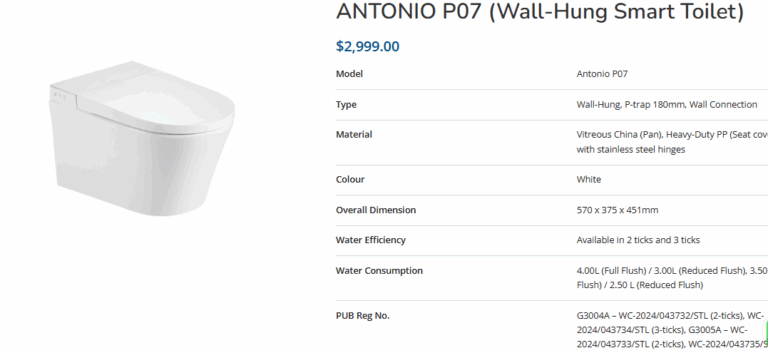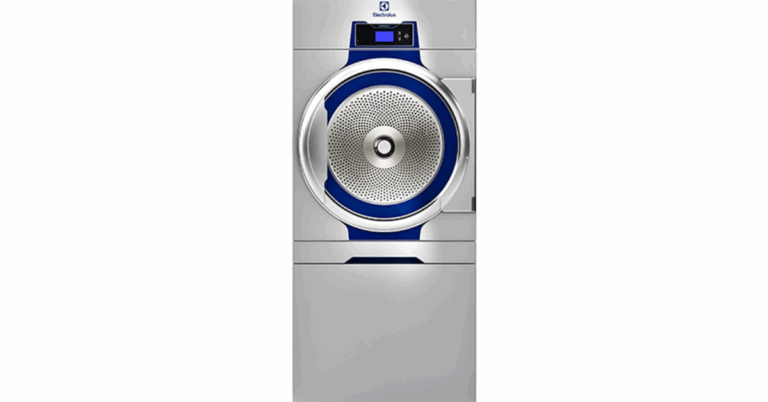Ship Refrigerator Matrix 110V 50L: Compact Cooling Solution for Marine Applications
The Ship Refrigerator Matrix 110V 50L stands out as a compact and efficient refrigeration solution tailored for marine environments. Operating on a 110V/60Hz power supply, this refrigerator offers a net capacity of 50 liters, making it ideal for cruise ships, yachts, and other marine vessels where space is limited, and energy efficiency is paramount. Its design emphasizes silent operation, energy conservation, and durability, ensuring that perishable goods remain fresh throughout the voyage.
Importance of Refrigeration in Marine Environments
In the confined spaces of ships, maintaining the freshness of food and beverages is crucial for both crew and passengers. Refrigerators like the Ship Refrigerator Matrix 110V 50L play a vital role in preserving perishable items, reducing waste, and ensuring the health and satisfaction of those onboard. Given the unique challenges of marine environments—such as humidity, salinity, and constant motion—having a reliable refrigeration system is not just a convenience but a necessity.
Key Features of the Ship Refrigerator Matrix 110V 50L
1. Compact Dimensions
With dimensions of 453 mm (W) x 455 mm (D) x 503 mm (H), the refrigerator is designed to fit seamlessly into tight spaces commonly found on ships. Its compact size allows for flexible installation in various locations, such as crew quarters, galleys, or passenger cabins, without occupying valuable space.
2. Energy Efficiency
Operating on a 110V/60Hz power supply, the refrigerator is engineered to consume minimal energy, which is essential for marine applications where power resources may be limited. Its energy-efficient design helps reduce the overall energy consumption of the ship, contributing to lower operational costs and a reduced environmental footprint.
3. Environmentally Friendly Refrigerant
The refrigerator utilizes R600a refrigerant, known for its low environmental impact. This refrigerant choice aligns with global efforts to reduce greenhouse gas emissions and comply with international environmental standards, making it a sustainable option for marine refrigeration.
4. Silent Operation
Designed to operate quietly, this refrigerator ensures minimal noise disruption, which is particularly important in passenger areas and crew quarters where a peaceful environment is desired. Its silent operation contributes to the overall comfort of those onboard.
5. Durable Construction
Built to withstand the harsh marine environment, the refrigerator features corrosion-resistant materials that ensure longevity and reliable performance. Its robust construction can endure the challenges posed by humidity, saltwater exposure, and constant movement, ensuring it remains operational throughout the voyage.
Applications Onboard Ships
1. Crew Quarters
In crew areas, the refrigerator provides a convenient space for storing personal food items, enhancing the comfort and satisfaction of the crew members. Its compact size allows for installation in limited spaces, ensuring that crew members have access to fresh provisions during their shifts.
2. Galley Kitchens
In the ship’s galley, this refrigerator serves as a vital appliance for storing perishable ingredients and prepared meals. Its efficient cooling capabilities help maintain the quality and safety of food items, supporting the preparation of meals for passengers and crew.
3. Passenger Cabins
Some cruise ships install marine refrigerators in passenger cabins to offer guests the convenience of in-room food storage. The refrigerator’s compact design makes it suitable for cabin installations, allowing passengers to store snacks and beverages for personal use.
Installation Considerations
1. Electrical Compatibility
Before installation, it’s essential to ensure that the refrigerator’s 110V/60Hz power requirement matches the ship’s electrical system. Proper voltage regulation and grounding are necessary to prevent electrical issues and ensure safe operation.
2. Ventilation
Adequate ventilation is crucial for the refrigerator’s performance. Ensure that the installation location allows for proper airflow around the unit to prevent overheating and maintain efficient cooling.
3. Secure Mounting
Given the movement of the ship, it’s important to securely mount the refrigerator to prevent vibrations and potential damage. Use marine-grade brackets and fasteners to ensure the unit remains stable during transit.
4. Accessibility
Position the refrigerator in a location that allows easy access for loading and unloading items. Consider proximity to preparation areas to streamline food storage and retrieval processes.
Maintenance and Care
1. Regular Cleaning
To maintain optimal performance, regularly clean the refrigerator’s interior and exterior surfaces. Use non-abrasive cleaners and cloths to prevent damage to the unit’s finish.
2. Defrosting
Periodically defrost the refrigerator to prevent ice buildup, which can impede airflow and reduce cooling efficiency. Follow the manufacturer’s guidelines for defrosting procedures.
3. Inspection
Regularly inspect the refrigerator for signs of wear or damage, such as frayed cords, loose seals, or corrosion. Address any issues promptly to prevent further damage and ensure safe operation.
4. Professional Servicing
Schedule regular maintenance by qualified technicians to ensure the refrigerator operates at peak efficiency. Professional servicing can help identify and address potential issues before they become major problems.
Conclusion
The Ship Refrigerator Matrix 110V 50L offers a reliable, energy-efficient, and compact solution for storing perishable goods onboard ships. Its durable construction, environmentally friendly refrigerant, and silent operation make it a suitable choice for various applications, including crew quarters, galley kitchens, and passenger cabins. By considering installation requirements and adhering to maintenance practices, ship operators can ensure the refrigerator’s longevity and optimal performance, contributing to the overall efficiency and comfort of onboard operations.

